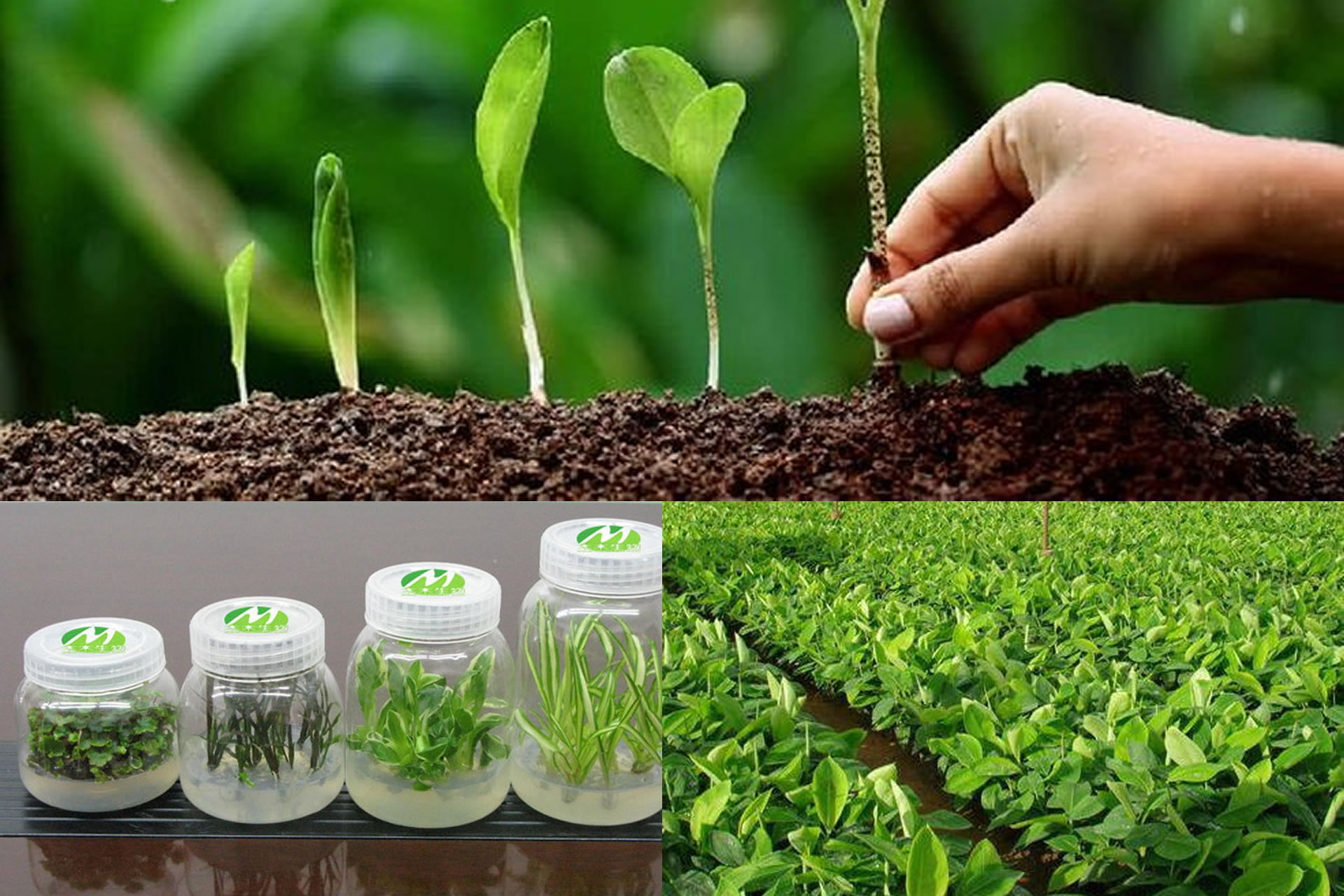Agricultural literacy can be defined as possessing knowledge and understanding of our food and fiber system. An individual possessing such knowledge would be able to synthesize, analyze, and communicate basic information about agriculture. An agriculturally literate person understands how the agricultural industry works – not just where food comes from, but who grows it, agriculture’s effect on the economy, environment, technology, lifestyle and its relationship to livestock.
Agricultural Education uses a three-circle model of instruction. These are classroom and laboratory instruction, leadership development, and experiential learning. Agricultural Education is the teaching of agriculture, natural resources, and land management. At higher levels, agricultural education is primarily undertaken to prepare students for employment in the agricultural sector. General education informs the public about food and agriculture.
Agricultural Literacy is a simple way of knowing well about what we consume, how it must help in terms of our body and health needs and correct our food supply and consumption chain’s to enable our better health and well being. It is indeed puzzling that none of these is taught the way it should be starting from our understanding of agriculture, the source of our food and thereafter of what follows it.
We, in this V6 Global Education arm want to pioneer in this most neglected area of education through appropriate physical and online modes of coaching.

